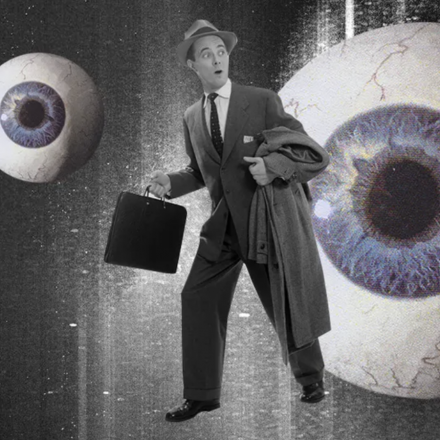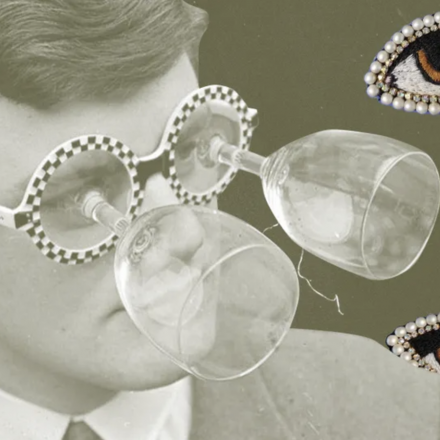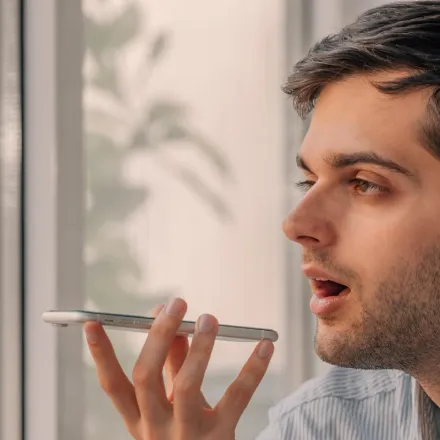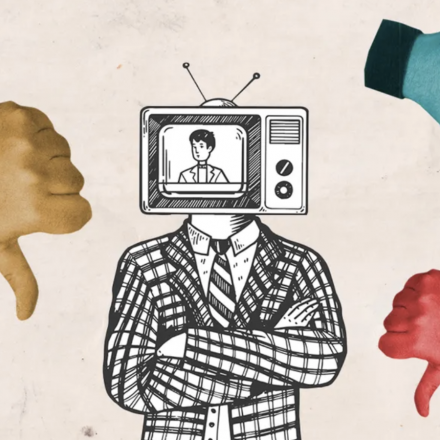In modern life, we often face pressures from society, our surroundings, and ourselves. We are accustomed to wearing masks to meet others' expectations. But why are we afraid to be ourselves? What reasons make us refuse our own uniqueness?
Fear of Judgment
We are constantly surrounded by people whose opinions and judgments play a significant role in our lives. Often, the fear of being misunderstood or judged leads us to hide our true desires and interests. It seems safer to conform to others' expectations than to risk being ourselves. However, this path leads to inner conflict and the feeling that we are living someone else's life.
Low Self-Esteem
When a person lacks self-confidence, they begin to believe that their true personality is not good enough for others. As a result, it's easier to put on a mask and play a role than to show our true self. However, this strategy only increases insecurity and dependence on others' opinions, further distancing us from harmony with ourselves.
Social Pressure
Society often imposes strict frameworks for how our lives should proceed. Stereotypes about profession, appearance, and behavior can pressure us so much that we start suppressing our individuality to meet these expectations. We fear that deviating from these standards will result in criticism, ridicule, or loss of everything we've achieved. As a result, we suppress ourselves in an attempt to conform to others' demands, forgetting that true happiness is unattainable without self-expression.
Psychological Trauma
Past traumas can deeply impact our self-perception and the world around us. Experiencing pain and disappointment may teach us to hide in the shadows and avoid openness and sincerity. The fear of experiencing pain again often leads us to hide our true desires, choosing safety over the freedom to be ourselves.
Comfort Zone
Stepping out of our comfort zone requires courage and effort. We become accustomed to a certain state, even if it's unsatisfactory, because it is predictable and safe. New situations scare us with their uncertainty, and we prefer to remain in the familiar, even if it's not the most pleasant, rather than embark on a new path where the end is unknown.
Learned Helplessness
If we've been taught from a young age that we can't change anything, we eventually start to believe it. We may genuinely feel incapable of changing our situation or convince ourselves of this to avoid risk or effort. Learned helplessness prevents us from being ourselves, as we see no point in trying, believing it won't make a difference.
Role Conflict
Each of us plays multiple roles: child, parent, worker, friend, etc. Trying to please everyone can lead to losing our true self. When we juggle multiple roles, we may struggle to stay true to our own needs and desires. Ultimately, this can lead us to listen more to others' expectations than to our own feelings.
Existential Fear
Being ourselves is both simple and incredibly challenging. It requires us to get closer to understanding the meaning of our lives. This search can frighten us with its endlessness and uncertainty. We fear encountering emptiness or disappointment in the quest for life's purpose, which leads us to avoid serious questions about goals and meaning.
How to Stop Being Afraid to Be Yourself?
Recognizing and understanding these reasons is the first step toward freeing ourselves from masks and starting to live our own lives. Being yourself is not just an act of courage; it is a path to true happiness and self-realization. Don't be afraid to reveal your personality and follow the path you choose.


















